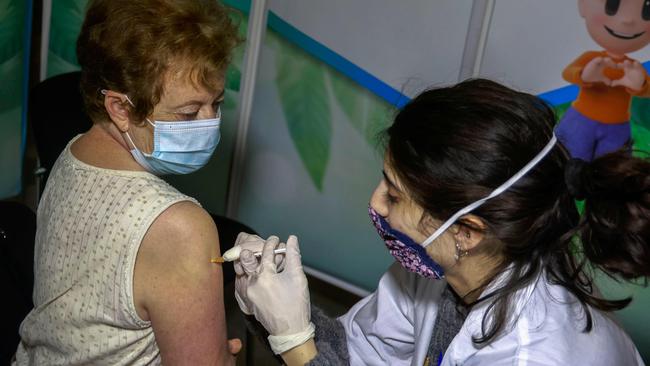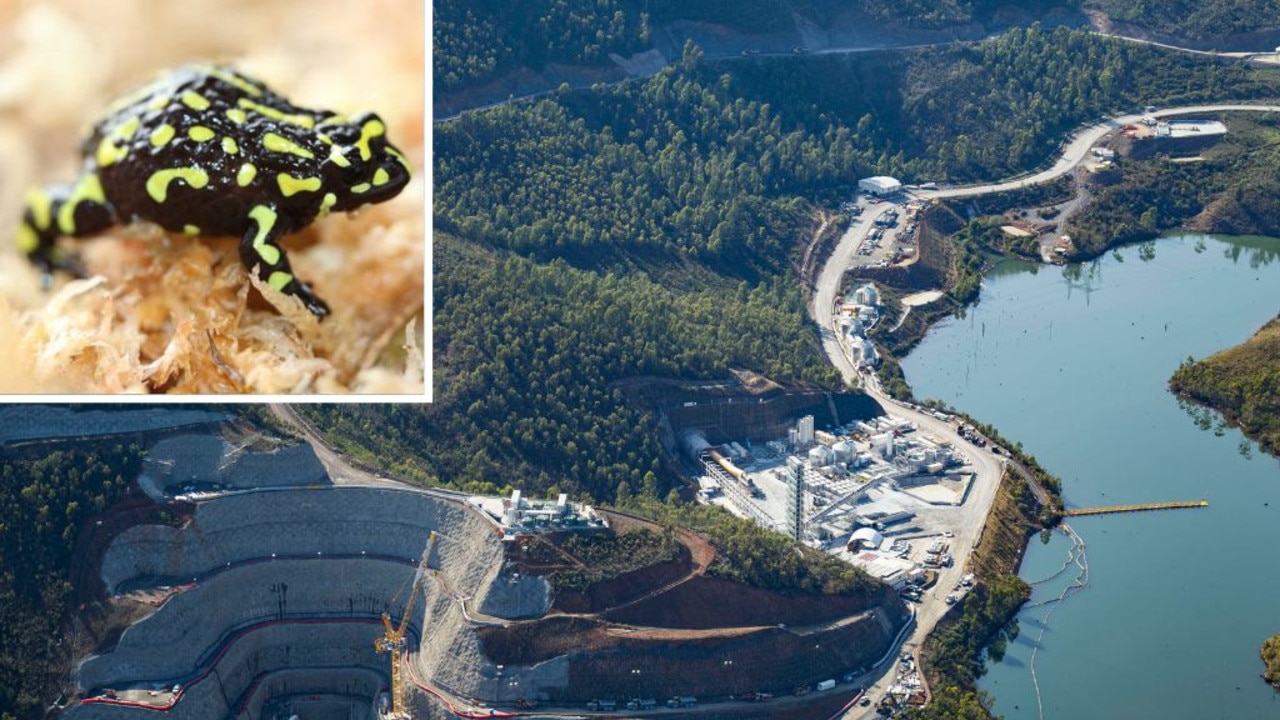Weigh merits of giving COVID-19 jab to the frail elderly, says TGA
Doctors and nurses administering the Pfizer vaccine should ‘carefully assess’ the merits of giving the jab to the frail elderly on a case-by-case basis.

Doctors and nurses administering the Pfizer vaccine should “carefully assess” the merits of giving the jab to the frail elderly on a case-by-case basis, keeping in mind the potential risks of adverse reactions in the very vulnerable.
That’s the advice of the Therapeutic Goods Administration, which has included information for administrators in its product information for the Pfizer vaccine.
The TGA notes is limited data on use of the vaccine in the frail elderly over 85 years. “The potential benefits of vaccination versus the potential risk and clinical impact of even relatively mild systemic adverse events in the frail elderly should be carefully assessed on a case-by-case basis,” the TGA says.
The advice recommending careful assessment before the vaccine is administered in the elderly follows concerns that a number of frail elderly people in Norway died shortly after receiving the Pfizer vaccine, BNT162b2.
Although no link has been established between the Pfizer vaccine and the deaths in Norway, the TGA believes it is prudent to consider whether potential adverse reactions such as fever or diarrhoea, which are not harmful in younger, healthy people, may present a risk to those who are very frail that outweighs the benefit of receiving the vaccine.
“The TGA has been working closely with Pfizer and international regulators to ascertain further information about the Norway cases and their relevance in the Australian context,” the regulator said in a statement.
“We understand the Norwegian Medicines Agency and the Norwegian Institute of Public Health are continuing their investigation (but) have not yet established a causal relationship.”
The World Health Organisation convened a meeting of a subcommittee of its global advisory committee on vaccine safety following the Norway deaths, which examined data from the European Medicines Agency and the Swedish Uppsala Monitoring Centre on deaths reported in frail, elderly individuals who had received the vaccine across Europe.
“The current reports do not suggest any unexpected or untoward increase in fatalities in frail, elderly individuals or any unusual characteristics of adverse events following administration of BNT162b2,” it reported.
“Reports are in line with the expected, all-cause mortality rates and causes of death in the sub-population of frail, elderly individuals, and the available information does not confirm a contributory role for the vaccine in the reported fatal events.
“In view of this, the committee considers that the benefit-risk balance of BNT162b2 remains favourable in the elderly, and does not suggest any revision, at present, to the recommendations around the safety of this vaccine.”
Medical director of Pfizer Australia Krishan Thiru said the company endorsed the TGA’s recommendation of individual assessments before administration of the COVID-19 vaccine.
“The TGA has obviously put forward that guidance out of an abundance of caution,” Dr Thiru said. “We would support the recommendation that if you are frail elderly, it would be appropriate to have a discussion with the administering doctor or nurse or pharmacist … about whether vaccination is appropriate.”




To join the conversation, please log in. Don't have an account? Register
Join the conversation, you are commenting as Logout